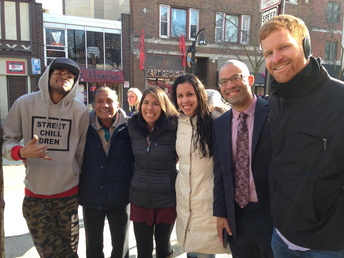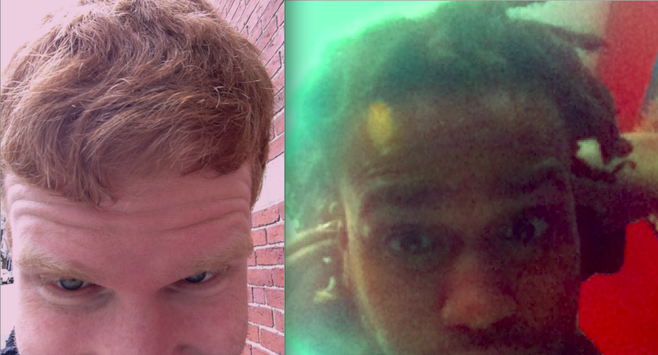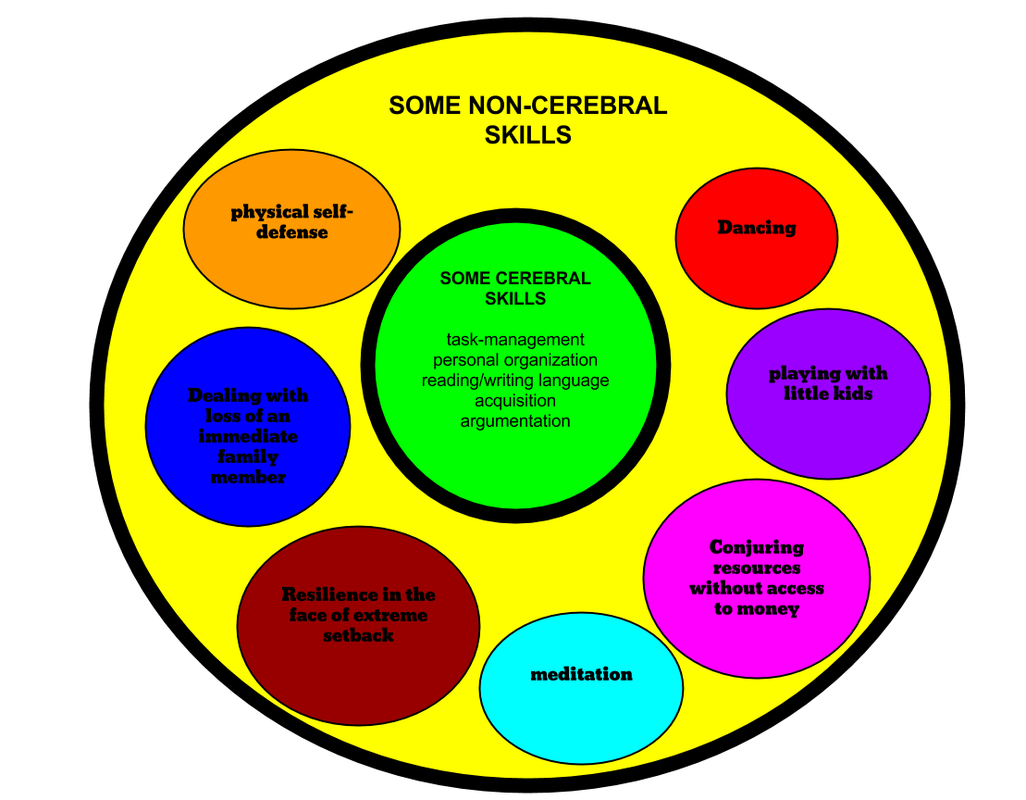
This idea is so fundamental to investing that it's not even considered a "tip" or "advice." It's just truth.
Well, money is only one type of wealth. So why is the idea of diversifying financial wealth so universal while the idea of diversifying social wealth is treated as a gentle, noble, and totally optional idea?
Is having a diverse social portfolio just as crucial a foundation for security as having a diverse financial portfolio? I'll explore that idea using myself as a test subject.
I was brought up by two loving, supportive, highly-educated professionals who have dedicated their careers to development of the mind. My parents' minds have a command of facts, historical events, poetry, 5th grade class rosters (really), books of the Bible, and ancient Greek, among other astounding things. This is power I'll call cerebral power.
My parents applied their cerebral power to teaching me some amazing skills, like task management, personal organization, reading/writing proficiency, metalingual awareness, how to argue effectively, and a thousand other skills that are valued in the professional world. For that, I am supremely grateful. I LOVE YOU, MOM AND DAD!!!
əəəəəəəəəəə HOWEVER! əəəəəəəəəə
I have realized that the world is full of situations where cerebral-dominance (and the money that tends to follow it) not only falls short, but can actually do harm. Here's a nerdy graphic that illustrates which components of life might come easily and which might be challenging for a person like me who has been raised to be cerebral-dominant.
To complicate things, our society tends to put cerebral-dominant people on a pedestal--we see them as people who can "make the hard decisions" and "get things done." But we don't see the social poverty that comes with such a narrow approach to life. We tend to spend our time around other people who are like us, and so we cerebral types go further down into our logic-holes, until we believe the lie that we were never even able to dance, or sing, or howl at the moon in the first place.
But the world never fails to present us with moon-howling moments...and if we don't learn to seize them, then those moments pass us by. We feel it when we've missed an opportunity to break out of our cocoons and transform ourselves, even if we can't put our finger on what we missed or why we missed it. I call that poverty.
Meanwhile, people who weren't raised to be cerebral-dominant often struggle with the demands that institutions and bureaucracy place on them, especially if they weren't lucky enough to be born into a stable financial situation. A mortgage-lender wants people to make payments on time, every time. For people without money who struggle with organization and bookkeeping, this situation can be catastrophic, as a bank has the power to tear apart their lives. I call that poverty, too.
So what?
Each of us (cerebral-dominant and other-dominant) has wealths to share with the other. Each of us is suffering from different poverties, and we could each become more resilient and adaptable if we could just find ways to connect with people who come from a wide variety of backgrounds. But our distinct ways of presenting ourselves (behavior, dress, speech, etc.) make it REALLY HARD to achieve connection across dividing lines. So most often, we stay down in our own poverty-holes, some of us painfully aware of what we lack, some of us fooled into believing we have no poverty just because we can't see it with our eyes.

The bottom line:
We should be open to connection with people from a wide variety of backgrounds out of a desire for self-preservation, if nothing else. Our poverties leave us unprepared for the inescapable challenges of life. Having networks of friends and allies who have radically different life experiences can help us find resources to cope with those challenges. For our own good, we need to reach out to the world around us, humbly give of our wealths, and proudly beg for our poverties.
***Below, Ivan extrapolates on this point.

 RSS Feed
RSS Feed